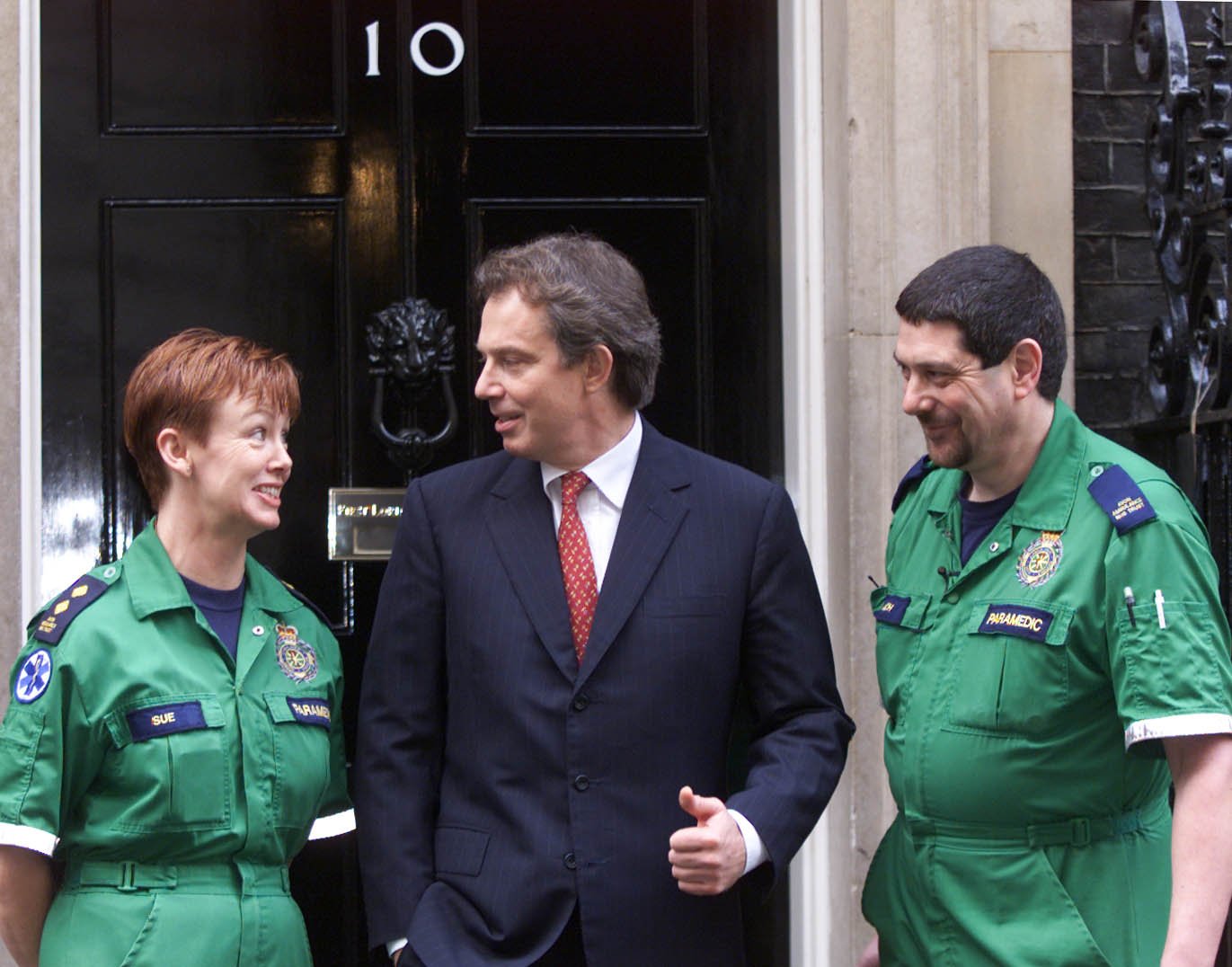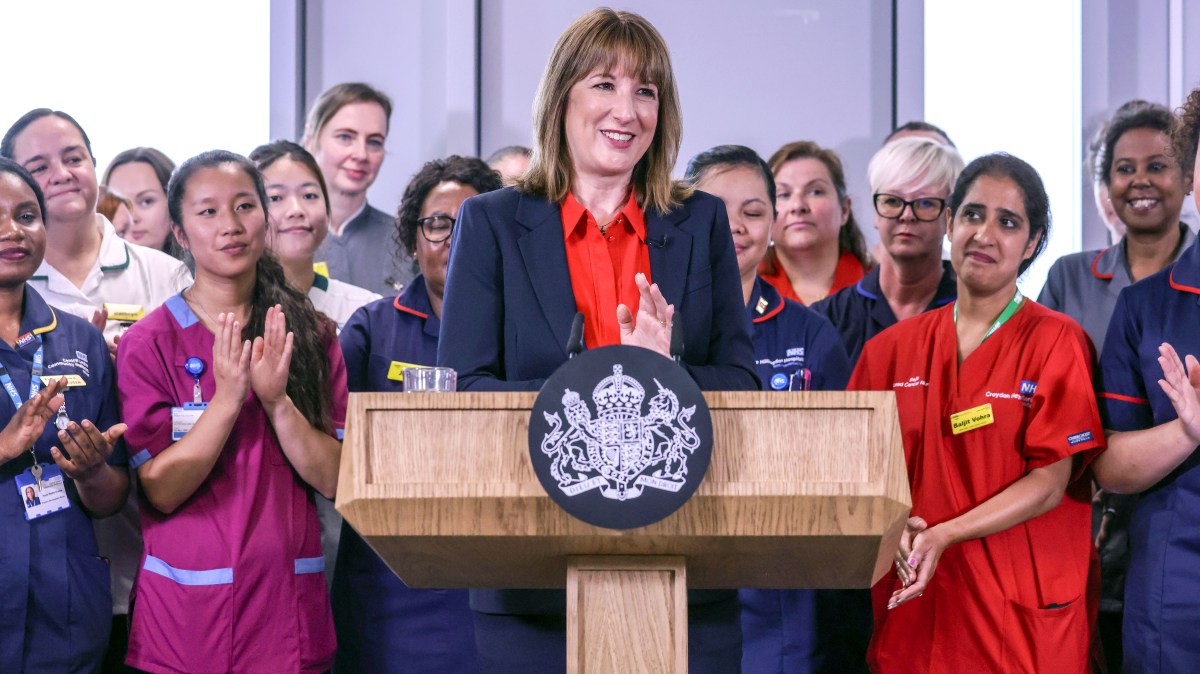NHS bosses are urging Rachel Reeves to allow them to raise billions for modern hospitals and equipment through deals with developers and councils to build homes and shops alongside clinics.
Senior health leaders say “dysfunctional” Treasury rules are holding back the NHS by preventing them spending on buildings, scanners and IT that are critical to improving care and boosting productivity.
As the chancellor prepares to raise taxes to fill a gap of £20 billion to £30 billion at next month’s budget, the hospitals’ group NHS Providers accepts that there is no extra cash for the health service to modernise. In a submission to the chancellor, it instead urges Reeves to liberalise spending rules to allow them to raise cash from the private sector, local councils and selling off spare land.
• Surgery staff at Great Ormond Street forced to work by phone light
NHS infrastructure budgets have been repeatedly raided to support day-to-day spending, contributing to crumbling buildings and a lack of modern equipment that have hampered efforts to improve productivity. A government-ordered report last year found that the NHS had sent £37 billion less on capital investment than health services in comparable countries.
While Labour has increased infrastructure spending, NHS Providers argues that about £8 billion a year more is needed to transform care in line with the government’s ten-year plan, arguing that such investment could also have wider economic benefits.
Daniel Elkeles, chief executive of NHS Providers, said: “Without significant capital investment the ten-year health plan is looking touch and go. It really is time for a fresh approach.”
In a report drawn up with PA Consulting, he argues that self-governing foundation trusts should have freedom to spend day-to-day budgets on infrastructure, and to use surpluses from selling off up to £10 billion of unused land that is lying idle.
An “NHS investment bank” should be set up to allow parts of the health service to make money by lending surplus cash to other areas trying to invest, he argues.
Most contentiously, Elkeles wants the Treasury to allow the NHS to bring in private investment, to be serviced out of existing budgets, to get around government spending limits.
He argues that there is enormous appetite from the private sector to invest, proposing projects that could “revitalise high streets” by using NHS clinics as centrepieces of housing and shopping developments.
Many hospitals want to build affordable homes for their frontline workers, and the report argues that using private money to build them as part of mixed developments on unused NHS land would offer appealingly predictable returns for investors while also dealing with staff shortages by providing nurses, porters and others with convenient places to live.
Elkeles said such deals were “blocked by dysfunctional treasury and government departmental rules”, telling Reeves: “This is that rarest of things — a win-win-win — offering the prospect of reduced waiting times, increased economic growth and more housing for key workers.”
The Treasury has long been deeply sceptical, fearing that it would end up rescuing failed NHS investment decisions while seeing extra spending added to government debt. It has said there are only “very limited circumstances” where private cash should be used in public services.
There are also concerns about a repeat of the Blair-era PFI initiative in which hospitals were locked into years of high payments to private contractors and cost taxpayers more than traditional government borrowing. However, NHS chiefs insist there is a way to use private cash without repeating such errors, arguing there is an increasingly urgent need to do so given the lack of government money available.

During Tony Blair’s premiership there was a heavy emphasis on private finance initiatives
CHRIS HARRIS FOR THE TIMES
Matthew Taylor, chief executive of the NHS Confederation, backed the plan, saying: “More than a decade of being starved of capital investment has left the NHS estate in a dilapidated condition, with health service staff often having to work in crumbling buildings and use old or outdated equipment.”
He urged ministers “to allow private capital investment into more parts of the NHS — including the acute sector — in order to build new facilities”.
It adds to growing demands from the health service for private money, after Amanda Pritchard, former chief executive of NHS England, said this year that “we must consider private capital investment in the NHS”.

